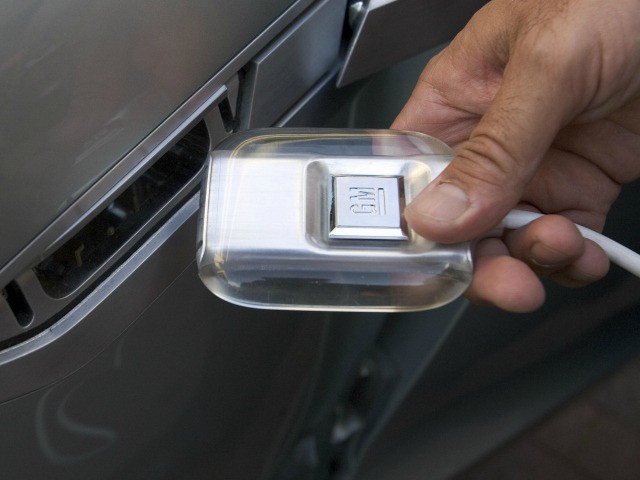Automakers are reportedly spying on car owners by recording their every move, according to an experiment by a professional hacker and the Washington Post.
Tech columnist Geoffrey A. Fowler recently asked Jim Mason to hack into a car’s computer. Fowler has a Ph.D. in engineering and reconstructs car accidents via hacking, The Daily Wire reported.
The article stated:
The Post used a 2017 Chevy Volt for its experiment and learned that the car collected a wide range of highly precise data ranging from the vehicles location to information about the driver’s cell phone, including call records — noting that many vehicles copy over personal data the moment that a smart phone is plugged into the vehicle.
The Post noted that the Chevy Volt did not inform drivers what information it was recording and did not make mention of it in the owner’s manual since there are no federal regulations protecting consumer’s privacy and data from automakers.
First, Mason hacked into the car’s infotainment center, as it was the easiest computer to use to gain physical access inside the vehicle. The experiment yielded interesting results once the computer was removed and connected to his laptop, Fowler wrote.
He continued:
It was worth the trouble when Mason showed me my data. There on a map was the precise location where I’d driven to take apart the Chevy. There were my other destinations, like the hardware store I’d stopped at to buy some tape. Among the trove of data points were unique identifiers for my and Doug’s phones, and a detailed log of phone calls from the previous week. There was a long list of contacts, right down to people’s address, emails and even photos.
“As information privacy becomes increasingly scarce in the world of social media, even car companies have begun collecting massive amounts of data on their drivers,” wrote Breitbart News’s Lucas Nolan in January 2018.
“According to ABI research, there are currently 78 million cars on the road with an embedded cyber connection feature. Research firm Gartner expects that by 2021, 98 percent of cars sold in the U.S. and Europe will be data connected,” he stated.
In his recent column, Fowler urged potential car buyers to ask their dealership about the vehicle’s connected services and if it is possible to turn them off.
“Few offer an Internet ‘kill switch,’ but they may at least allow you turn off location tracking,” he concluded.

COMMENTS
Please let us know if you're having issues with commenting.